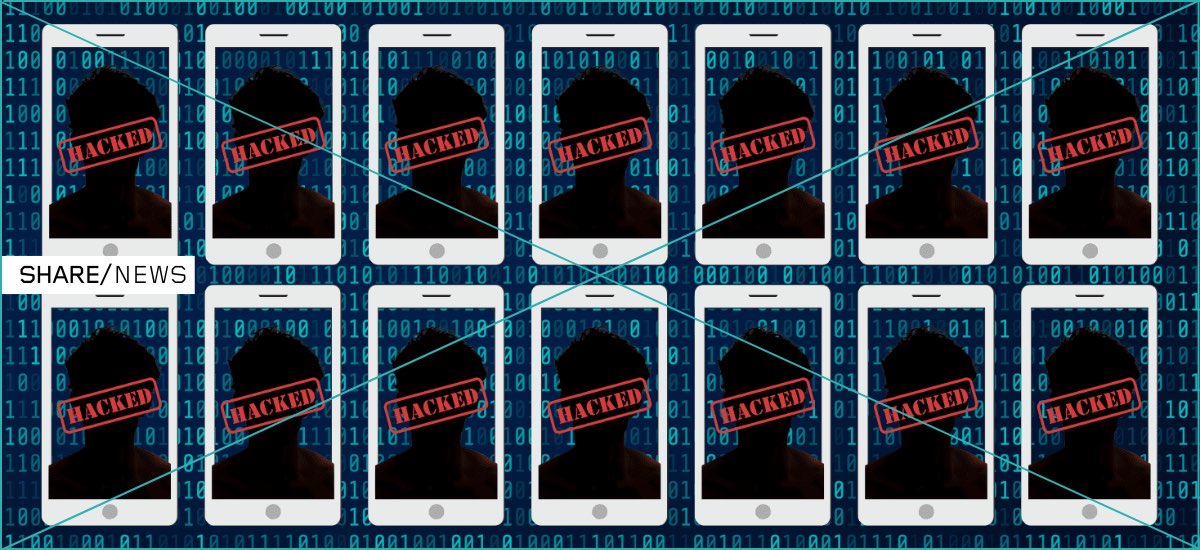News

Abuses Fail to Dislodge Cellebrite from Serbia
The license for several dozen controversial forensic tools from the Israeli company Cellebrite has been extended for Serbia’s Ministry of the Interior until mid-next year, Radio Free Europe/Radio Liberty (RFE/RL) has reported.
According to their findings, the permit was renewed in April this year.
Just two months earlier, Cellebrite had announced that it was “to stop the use of our products by the relevant customers [in Serbia] at this time” following an internal investigation into abuses. The probe was launched after Amnesty International reported that the police and the Security Information Agency (BIA) had used Cellebrite’s UFED system to illegally access the phones of civil activists and journalists.
By analyzing data available on the public procurement portal, RFE journalists found that the police now hold 15 licenses for using the UFED Touch2 Ultimate tool on tablets.
Cellebrite UFED (Universal Forensic Extraction Device) is a digital forensics tool that can bypass locks, extract data, and create full forensic images from virtually any smartphone – iOS, Android, or otherwise – regardless of encryption or passcode protection. It exploits vulnerabilities to gain physical or logical access, pulling deleted messages, call logs, photos, app data, location history, and even cloud backups. Portable versions like UFED Touch2 run on tablets for on-site use that enable unlocking and cloning devices in the field without needing the owner’s cooperation.
In April, Serbia’s Ministry of the Interior purchased more than 30 different licenses for Cellebrite tools in its latest, fourth procurement carried out through a so-called framework agreement, a form of long-term procurement contract. According to RFE, the ministry had in 2022 issued a tender for a four-year contract to renew licenses for various Cellebrite forensic tools. The deal was signed with the Belgrade-based company MRG Import-Export, which also supplies these tools to police forces in Bosnia and Herzegovina and Montenegro.
Amnesty International reported last December that Serbia’s police received the Cellebrite UFED device as a donation from Norway’s Ministry of Foreign Affairs, through the UN Office for Project Services. According to Radio Free Europe, Montenegro’s police obtained the same tool with support from the local OSCE Mission. In Bosnia and Herzegovina, the device is used by the Republika Srpska entity police, the Federal Ministry of the Interior, the Border Police, and the federal Agency for Forensic and Expert Examinations.



